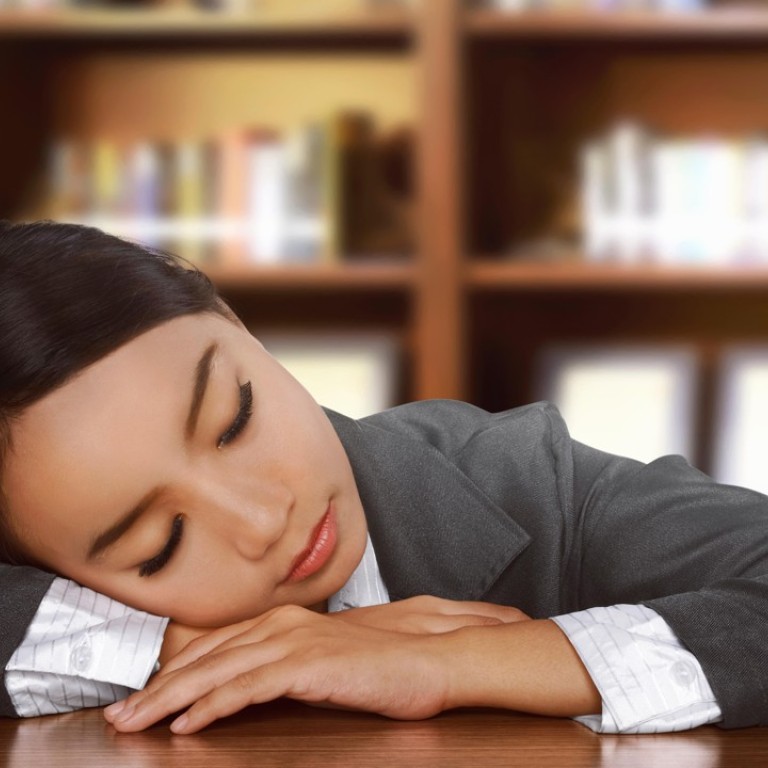
How insomnia affects your body, mind and health, and 10 ways to get a good night’s sleep
Sleep plays key roles in maintaining our mental and physical health. Two Hong Kong sleep experts share their dos and don’ts when it comes to bedtime
As a lifetime insomniac, I don’t just fear a sleepless night because it affects me the following day and reduces me to woolly-headed, gritty-eyed inefficiency; I fear it because I know that it can be a precursor to something more sinister.
Whenever my mother succumbed to an episode of depression, it was her sleep that went first. And it was sleep that continued to elude her. One bad night morphed into two. And then three. And then weeks of tossing and turning and tearful, reluctant rising.
I’ve been a sleepwalker since I was a teen. My sleep paralysis is more scary, though
Lack of sleep is known to compromise physiological health – dozens of studies demonstrate the link between sleep deprivation and lowered immunity. The Mayo Clinic says that studies “show people who don’t get quality sleep or enough sleep are more likely to get sick after being exposed to a virus, and a lack of sleep can affect how fast you recover if you do get sick”.
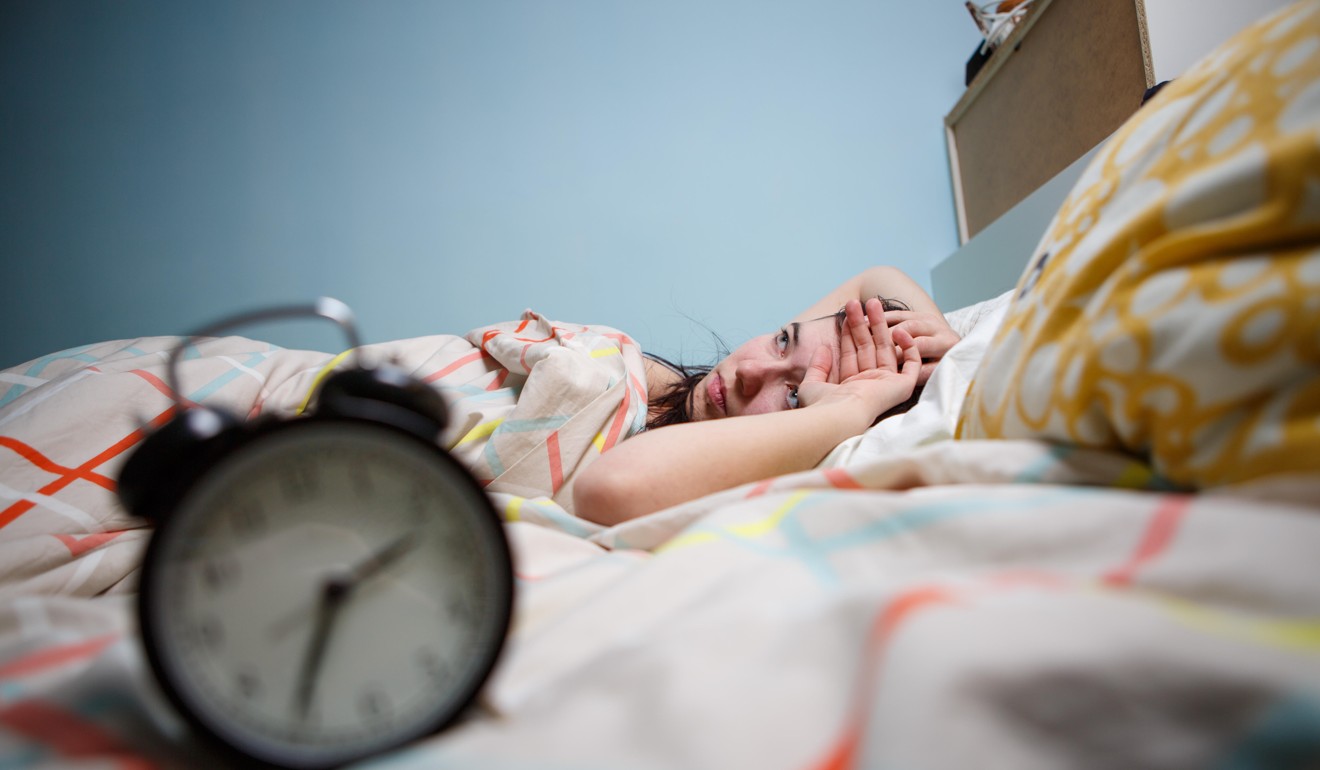
“When we sleep, our body’s internal systems are being recalibrated and rejuvenated. One of the most important functions of sleep is what is does to our brains. During the day, our brain cells work hard, processing information, coordinating our every move. As a by-product of this activity, we create a build-up of toxic proteins in the brain, which make us feel tired and function less efficiently.
During sleep, our brain is bathed in a fluid which washes away these proteins. If we don’t give ourselves enough sleep, we don’t completely ‘clean up’ our brain,” she says.
As a result, when we are sleep deprived, “we are less happy, less focused and more irritable”, so it’s not surprising “almost every mental illness is associated with poor sleep, either as cause or effect”, she adds.
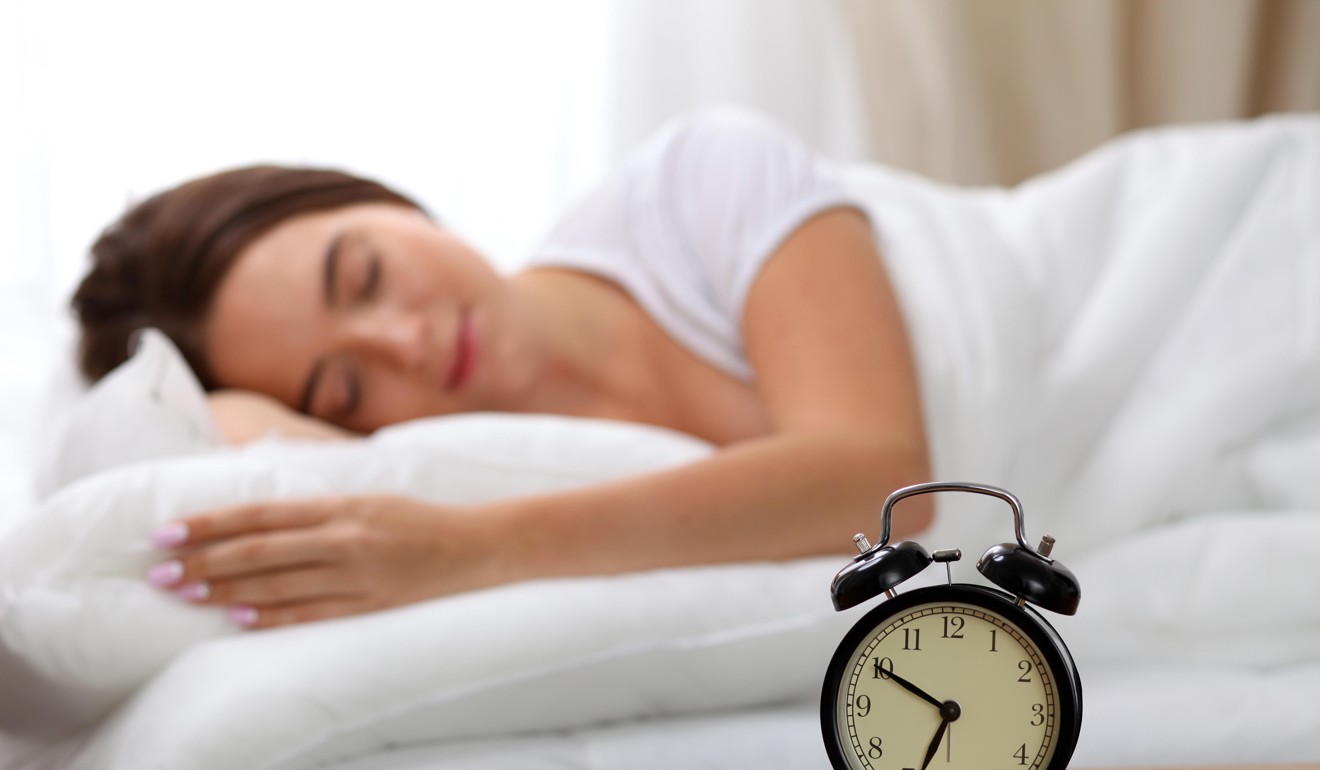
The secret to sleeping on ultra-long-haul flights and how to arrive feeling refreshed
Anxiety, for example, can make it hard for a person to fall asleep and conversely, one of the first signs of depression is often predawn waking.
“Research suggests that after a good night’s sleep our emotional and mental resilience are better, whereas a disturbed night affects mood and can impair our thinking,” Cook notes. Who hasn’t been more susceptible to being tearful when tired?
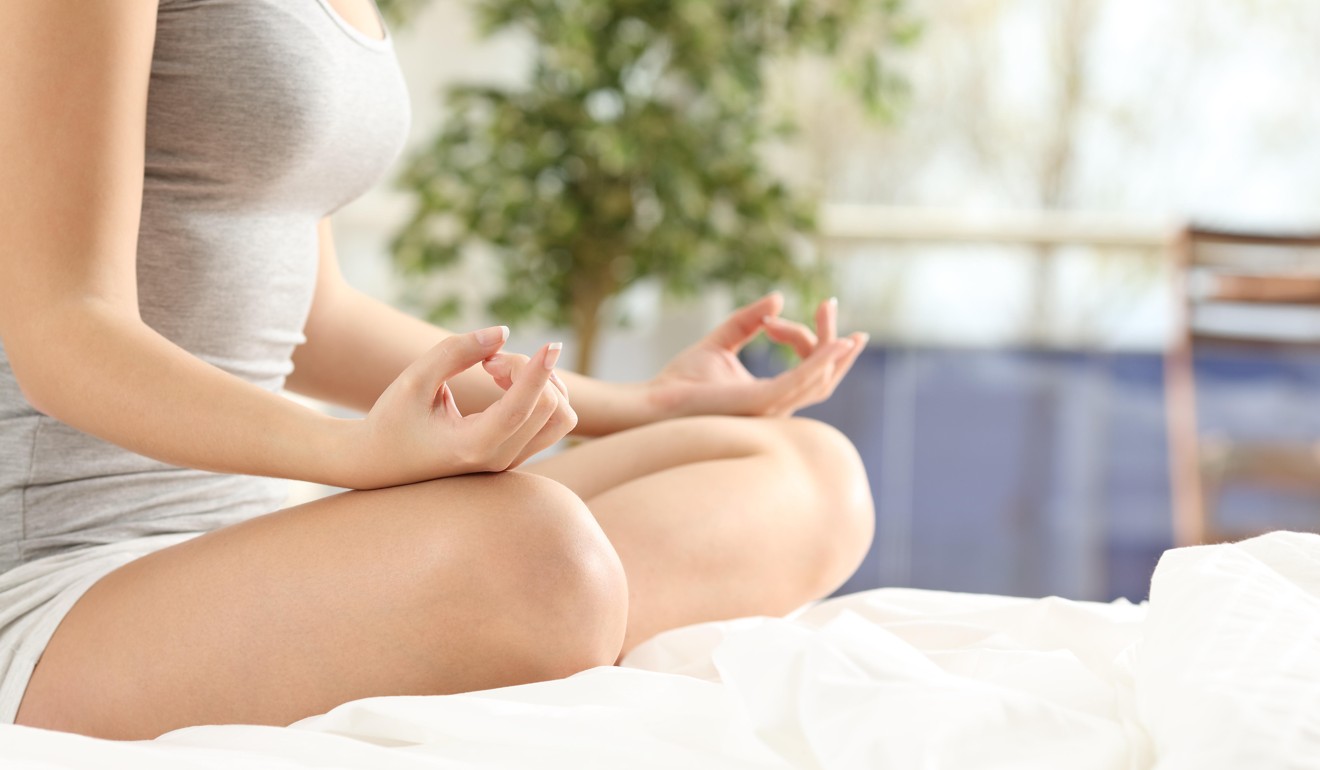
“Many insomniacs develop negative associations with sleep, and the harder they try to sleep, the less sleep they get. They develop an anxiety around sleep that adds to their existing anxieties,” says Bridle.
Long working hours and digital devices blamed as more than 2 million Hongkongers suffer from insomnia
While it’s easier said than done, the key to fixing insomnia is to stop focusing on trying to sleep, take the pressure off, and change negative associations that have developed. Sleep is passive, and is it not something we should ‘try’ to do, she says.
Every aspect of our daily life contributes to being able to sleep well, observes Bridle. “A good night’s sleep starts from the moment we wake up. Improvement doesn’t happen overnight. It will take commitment to some small changes in your daytime routine.”
How meditation can make Hong Kong healthier and happier, from two of world’s happiest people
Both Bridle and Cook advocate meditation and mindfulness, and agree that seeking help from a sleep specialist trained in cognitive behavioural therapy for insomnia is the best way to conquer it.
Many live in a constant state of stress and worry, and their sympathetic nervous system is in overdrive. Bridle says to switch this ‘fight or flight’ system off and be able to sleep well, we must give ourselves time to manage stress and relax during our waking hours and don’t watch the clock.
10 tips for a good night’s sleep

Dr Alison Cook says:
1. Go to bed and get up at the same time every day – including weekends – even if that means setting a Saturday alarm, at least until your sleep pattern has settled.
2. Stop work at least an hour before bedtime and do something relaxing.
3. If you don’t fall asleep after 20 minutes, get up and do something relaxing until you feel drowsy again.
4. Avoid daytime naps, especially in the afternoon.
5. Create a calming environment in your bedroom – it should be quiet and cool with no bright lights, television or electronic screens.
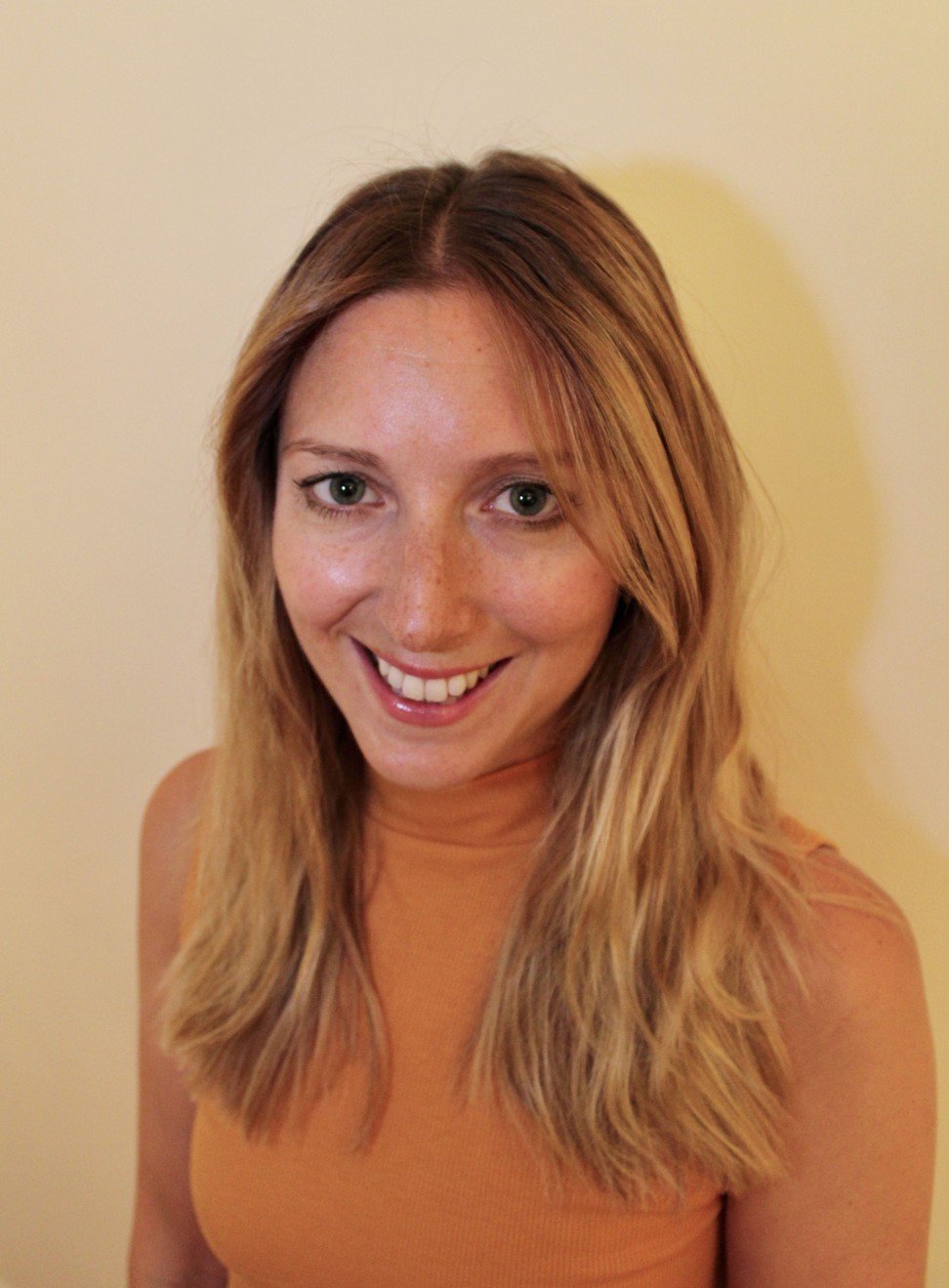
Kate Bridle recommends:
6. Avoid caffeine eight hours before you sleep, alcohol three hours before bedtime, and fluids 90 minutes before bed (to avoid trips to the loo during the night), and hydrate earlier in the day.
7. Avoid all technology for an hour before bed.
8. Write a list of anything worrying you or anything you need to remember to do the next day an hour before bed each night.
9. Have a hot shower about 30 minutes before going to bed, to draw blood vessels close to the surface of the skin, allowing your core body temperature to cool down for bed – essential for falling asleep.
10. Kick the cat or dog out, gently.
Kate Bridle will speak at Sleep Better, Live Longer on May 24, from 10am to 12pm and 6.30pm to 8.30pm, on factors that contribute to the quality of sleep and why deep restful sleep slows ageing.
HK$250 Tickets from goo.gl/EaiuzF; HK$300 on the door.

